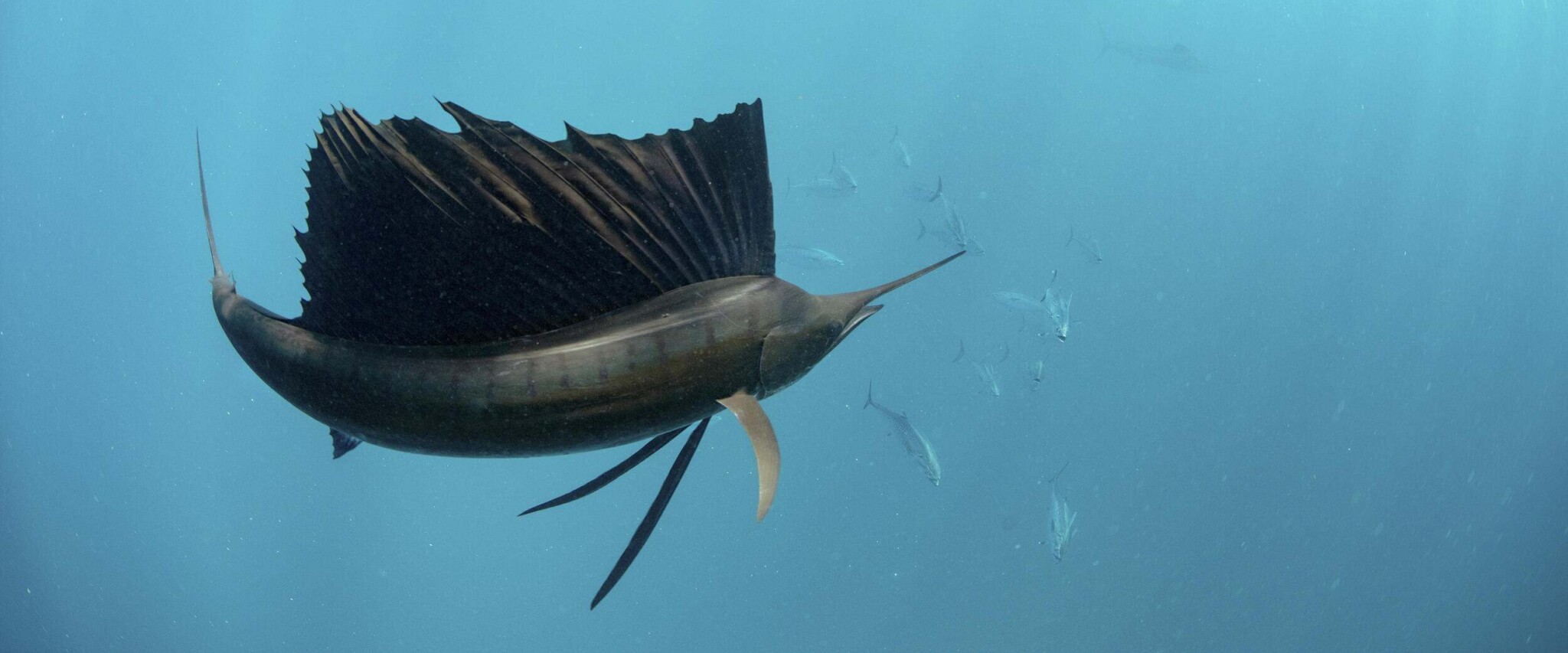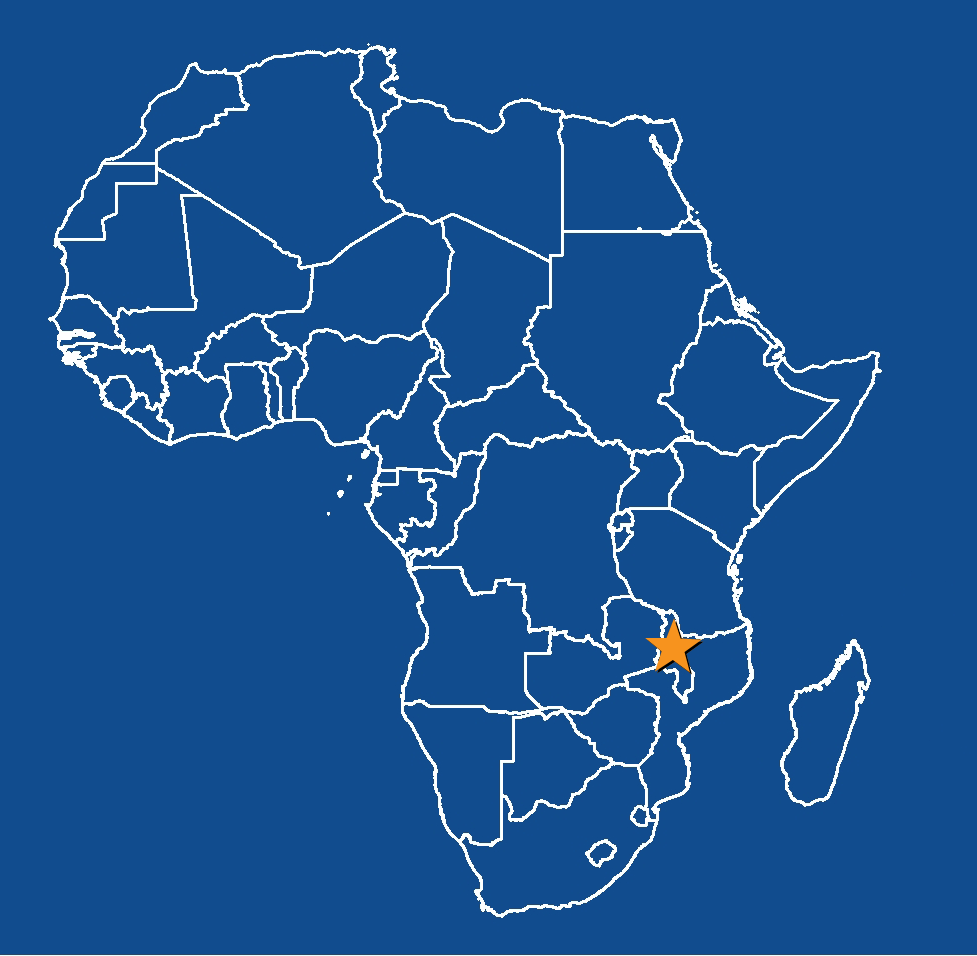
An Atlantic sailfish gets ready to attack a baitball off the coast of Mexico. Copyright © Andy Lerner/TNC Photo Contest 2019
FEATURED NEWS
|
| Only half of global carbon revenues directed to climate and nature -report Carbon Pulse, 17 MayCarbon Pulse covers the results of the World Bank’s annual “State and Trends of Carbon Pricing 2024” report which finds global carbon pricing revenues generated a record $104 billion in revenues in 2023, with roughly half of these revenues directed to climate and nature investments. The Guardian reviews the Bezos Earth Fund’s work on carbon markets and potential concerns over its powerful influence with $10 billion in funds targeting climate and biodiversity initiatives. ESG Investor shares a commentary from the co-founder of Kayrros arguing that new methods of measurement prove carbon market forest conservation projects work. Quantum Commodity Intelligence carries a commentary from a researcher at Human Rights Watch arguing recent examples show that some forest-based carbon market projects treat human rights as an afterthought and are a sign of failure. Bloomberg reports the US Commodity Futures Trading Commission expects to finalize its guidance for carbon credits within the next six months. More than third of Amazon rainforest struggling to recover from drought, study finds The Guardian shares a new study that finds more than a third of the Amazon rainforest is struggling to recover from drought. The signs of weakening resilience raise concerns that the world’s greatest tropical forest – and biggest terrestrial carbon sink – is degrading towards a point of no return.
NatureTech Alliance: ERM, Salesforce, NatureMetrics, and Planet launch biodiversity partnership BusinessGreen reports on the launch of a new Nature Tech Alliance founded by ERM, Salesforce, NatureMetrics, and Planet. The new initiative aims to transform how corporations measure and manage their biodiversity impacts in preparation for imminent nature regulations. The Alliance has announced plans to create a toolkit for biodiversity management and disclosure as companies prepare to comply with new reporting frameworks outlined under the Taskforce on Nature-related Financial Disclosures and the new Corporate Sustainability Reporting Directive.
The World Is Ignoring the Other Deadly Kind of Carbon Wired reviews the overlooked impact of black carbon, a pollutant from incomplete combustion processes increasingly entering the atmosphere due to growing Arctic wildfires, which significantly contribute to climate change and pose severe health risks. The Hill shares a study that finds wildfires may be releasing more planet-warming carbon dioxide and toxic chemicals than previously estimated by changing the composition of the soil systems that they burn. |
SPOTLIGHT – Action for Nature In The Chemicals Sector
Business for Nature, the World Economic Forum and The World Business Council for Sustainable Development have developed new guidance for 12 sectors, including the chemical sector. In a new video promoting the guidance established for this sector the partners share how prioritizing water stewardship, responsible sourcing, behavioural change, nature conservation and circularity practices, this sector could unlock $44 billion per year of additional value by 2030 and ensure it contributes to a nature-positive future.
Watch the video and see the guidance documents for the Cement and Concrete sector here to learn more.
FOR YOUR INFORMATION
| Nature4Climate shares a case study from the Atlantic Forest in Brazil that sheds light on how science, technology and community engagement can cultivate biodiversity in reforestation projects.
Nature Positive Initiative announces a collaborative initiative with Ernst & Young Global Ltd (EY) and The Biodiversity Consultancy that is committed to establishing scientifically credible, practical, and standardized metrics to bring measurability to the term ‘Nature Positive.’ Conservation International covers a new analysis of disease data that found that global trends like biodiversity loss, climate change, pollution and the rise in invasive species are putting humans, plants and animals at higher risk of contracting infectious diseases. Clean Cooking Alliance and World Resources Institute announce a new partnership to embed clean cooking into a broad range of sustainable development initiatives across the two organizations. The partnership aims to improve lives among the 2.3 billion people around the world who currently lack access to clean cooking. IUCN shares a new global road map, setting out 11 priority areas with 32 action items: those considered to be those most critical to advance human rights, the rights of Indigenous peoples and local communities and “equitable governance” in area based conservation. Youth4Nature shares insights from an event co-hosted with the Global Youth Biodiversity Network Uganda, Biodiversity Hub International and the US mission in Uganda, discussing nature as a tool to address both the biodiversity and climate crises. The Accountability Framework initiative (AFi) and CDP provide a review of companies’ current capacity to understand, control, and disclose on deforestation and ecosystem conversion associated with their operations and supply chains. World Resources Institute shares The Restoration Launchpad which presents a step-by-step process for planning and implementing a landscape approach to restoration projects. It identifies the five essential stages of every project: Scope, Design, Finance, Implement, and Monitor. Finance Earth and Pollination publish a roadmap for UK to develop high-integrity marine natural capital markets. Forest Trends and The Nature Conservancy share a new survey on the state of investment in NBS for water security. The results from this survey will inform a report on the State of Investment in Nature-based Solutions (NBS) for Water report set to be published this Fall. Interested parties are encouraged to provide their insights. |
CASE STUDY
N4C is compiling an index of NBS case studies, together with an interactive map, to highlight action on the ground. Each week, we will be choosing a case study to present, to help give concrete examples of work being done to bring NBS theory into practic

Kulera Landscape REDD+ for Co-Managed Protected Areas in Malawi
WHERE: NYIKA NATIONAL PARK, MALAWI
TYPE OF NCS SOLUTION: ADAPT
The Kulera REDD+ Program provides critical resources for communities to protect their forests through improved climate smart agriculture and sustainable land use planned by the communities themselves. Its landscape-based REDD+ approach works directly through community association and is the most dependable path for conservation-based sustainable development. The program aims to reduce deforestation and degradation in select protected areas, and to improve livelihoods by managing natural resources as an asset base to capture long-term economic benefits.
NUMBER OF THE WEEK – 13 MtCO2e/yr
The annual carbon dioxide emissions that could be avoided by Nigeria if it meets its potential for reduce woodfuel harvests from forests by 2050. See more details on the potential for natural climate solutions in N4C’s naturebase.
GOOD NEWS
The federal government of Nigeria has collaborated with an African carbon offset project developer to distribute 80 million clean cookstoves throughout the West African nation that have been fully financed by voluntary carbon credits.